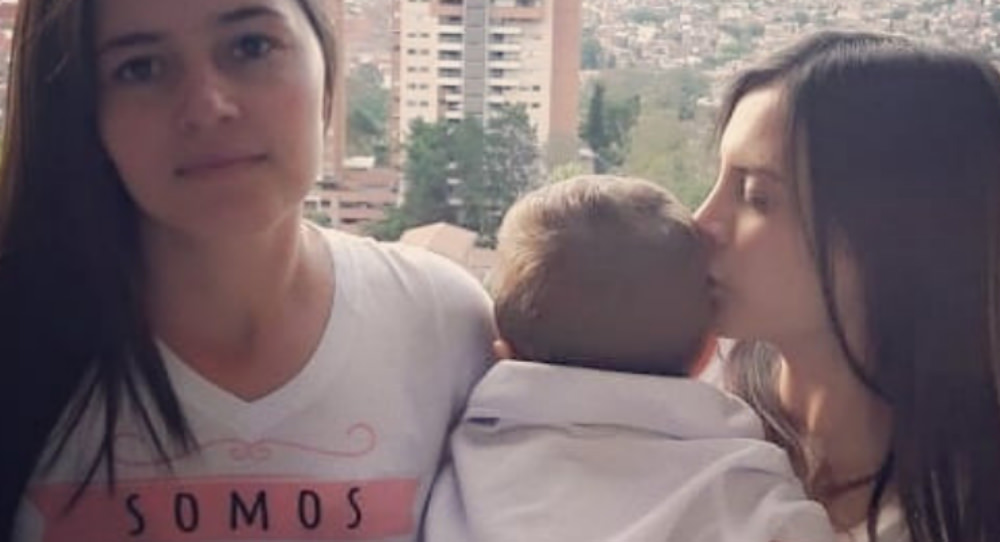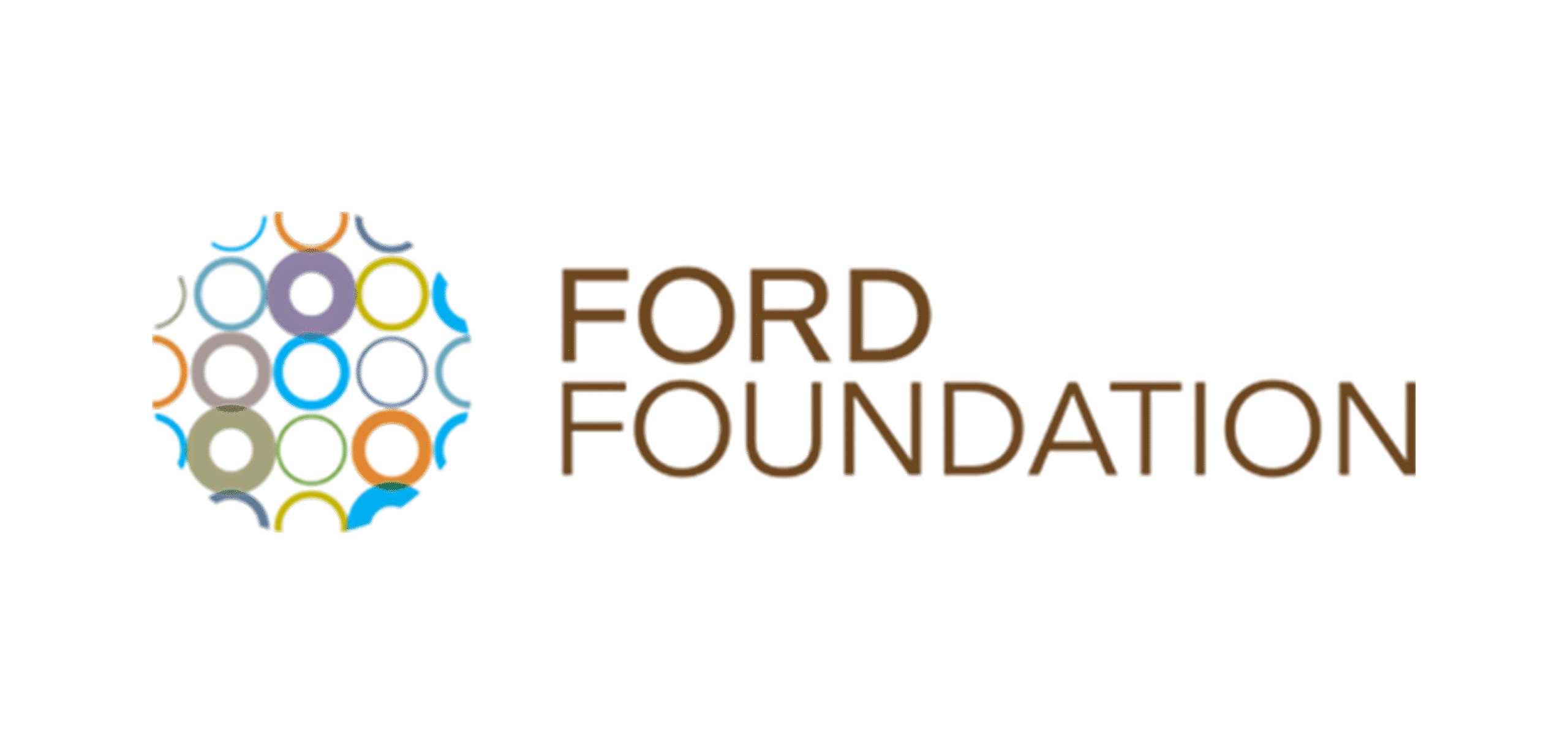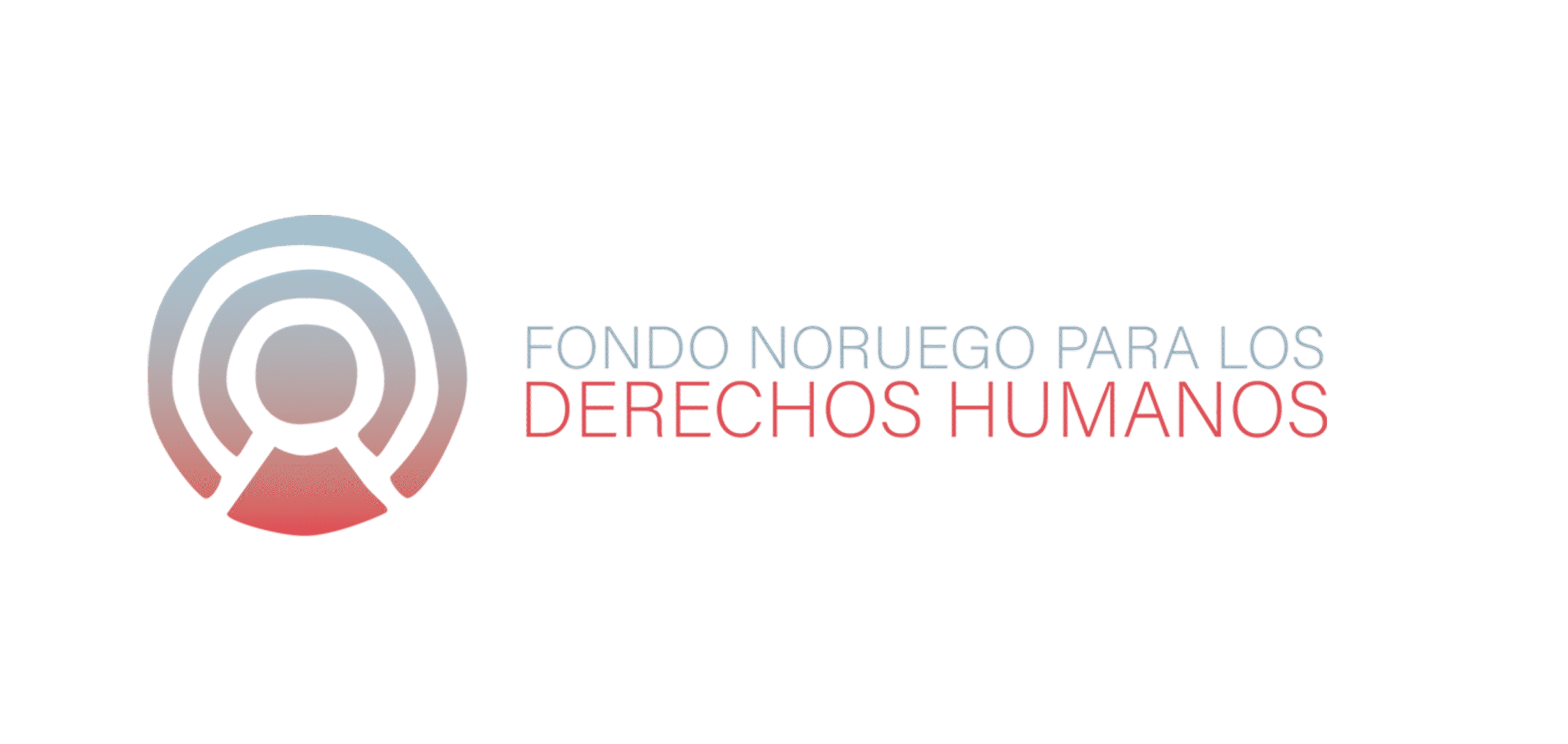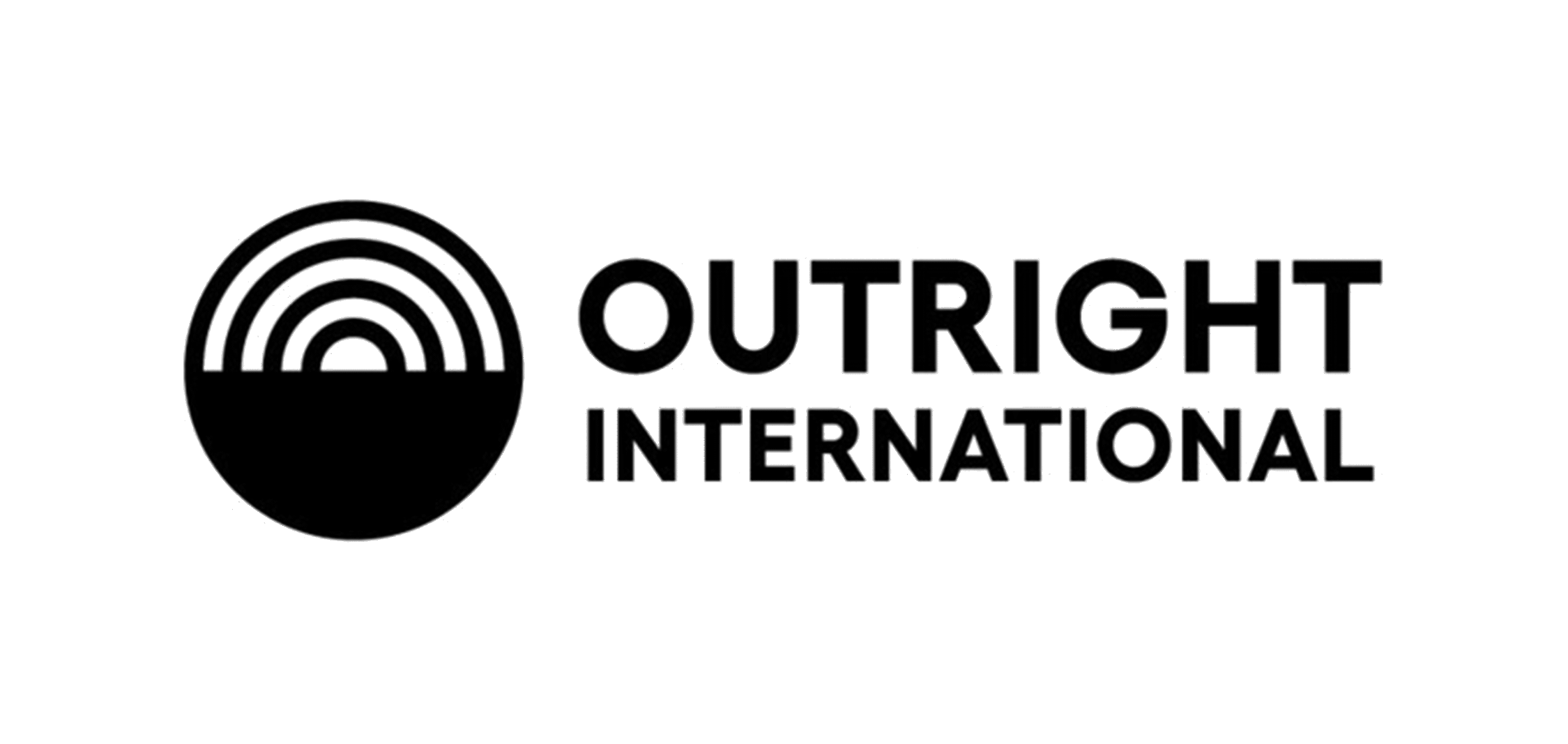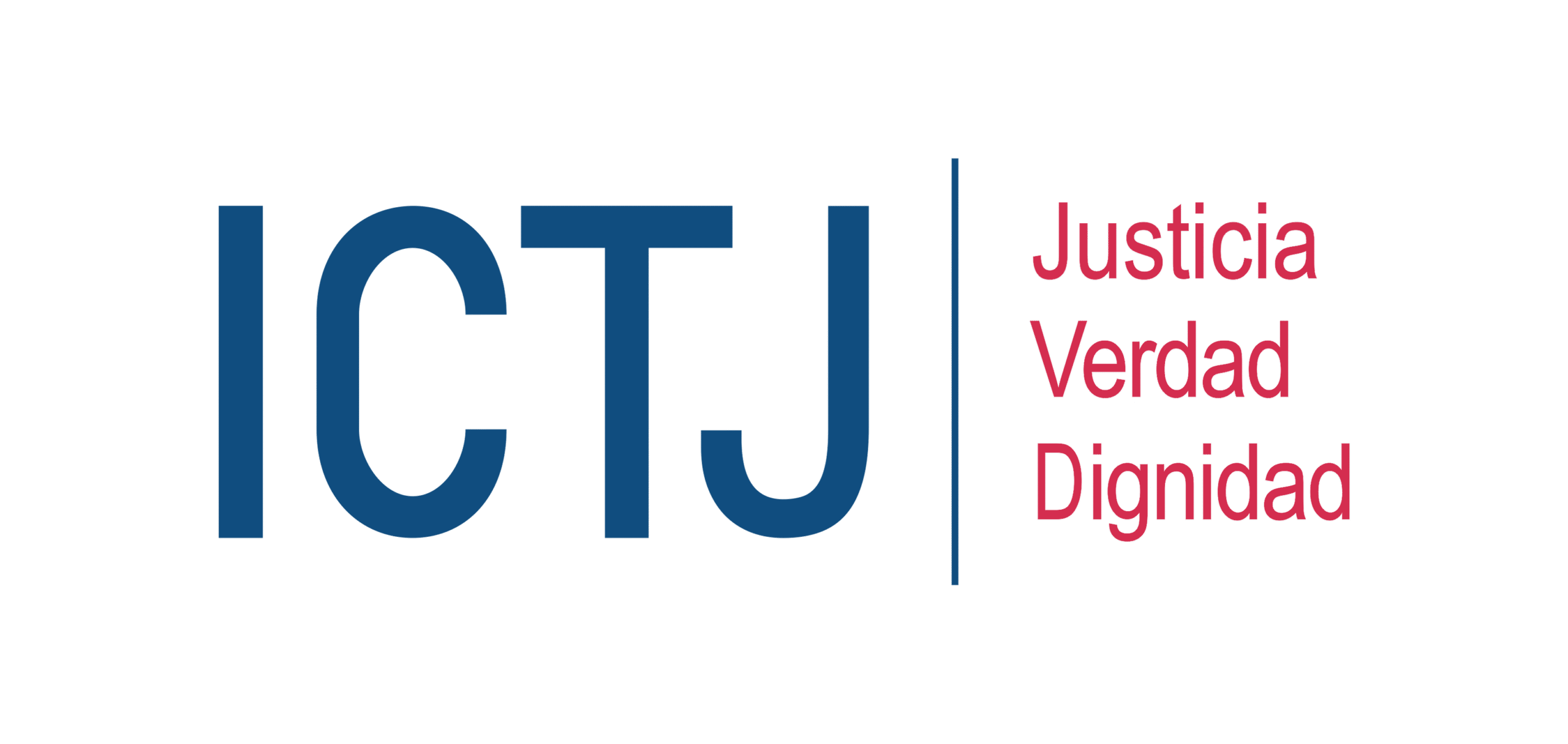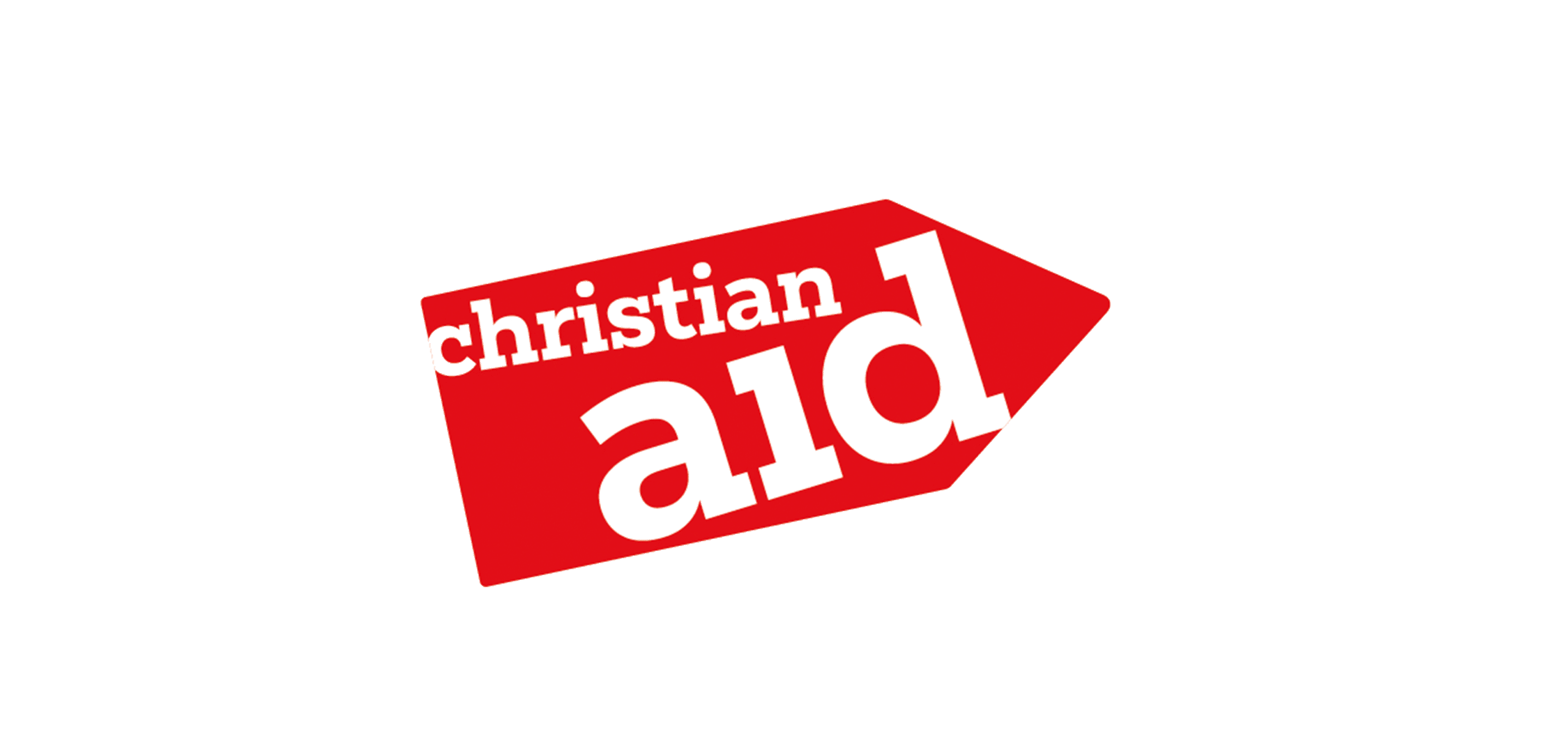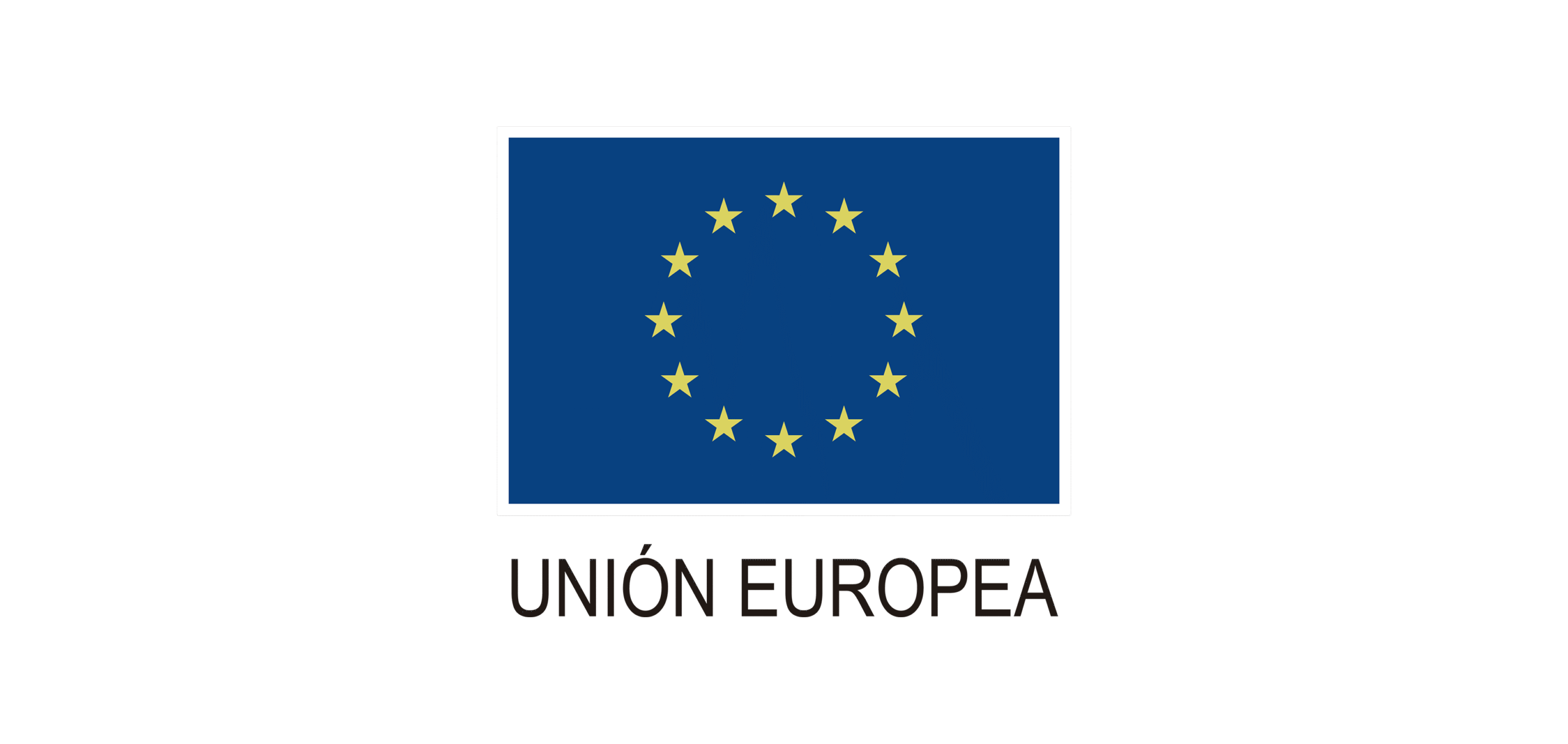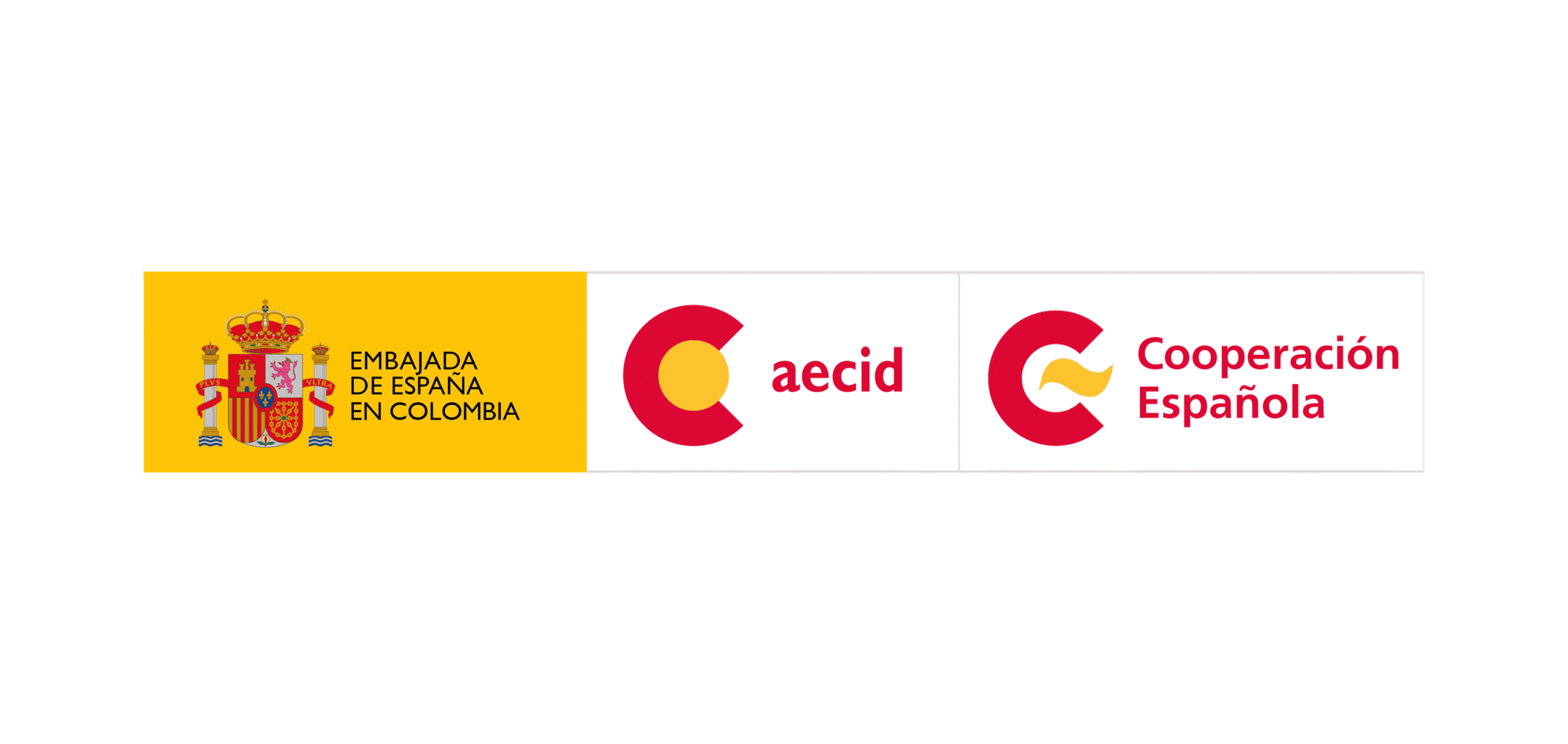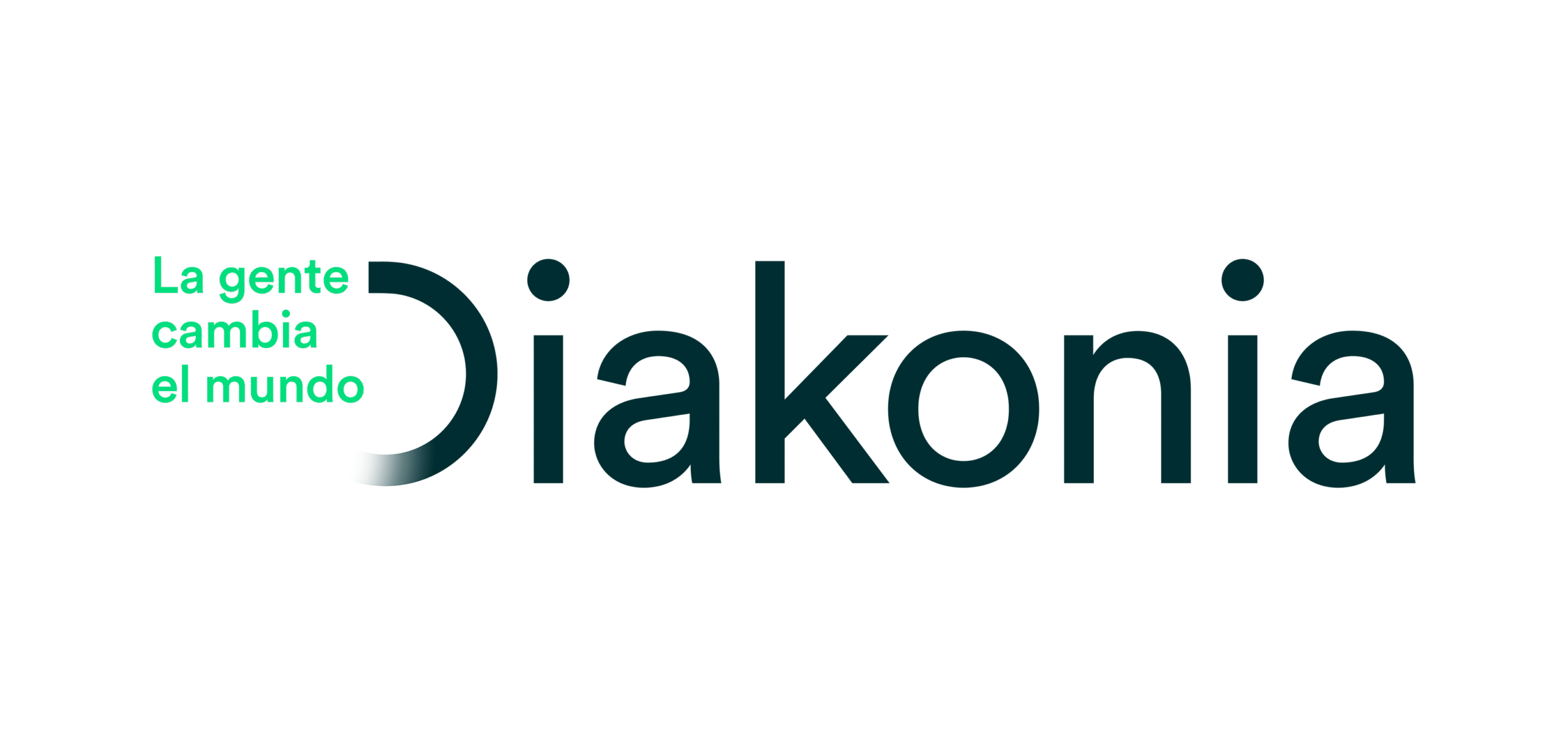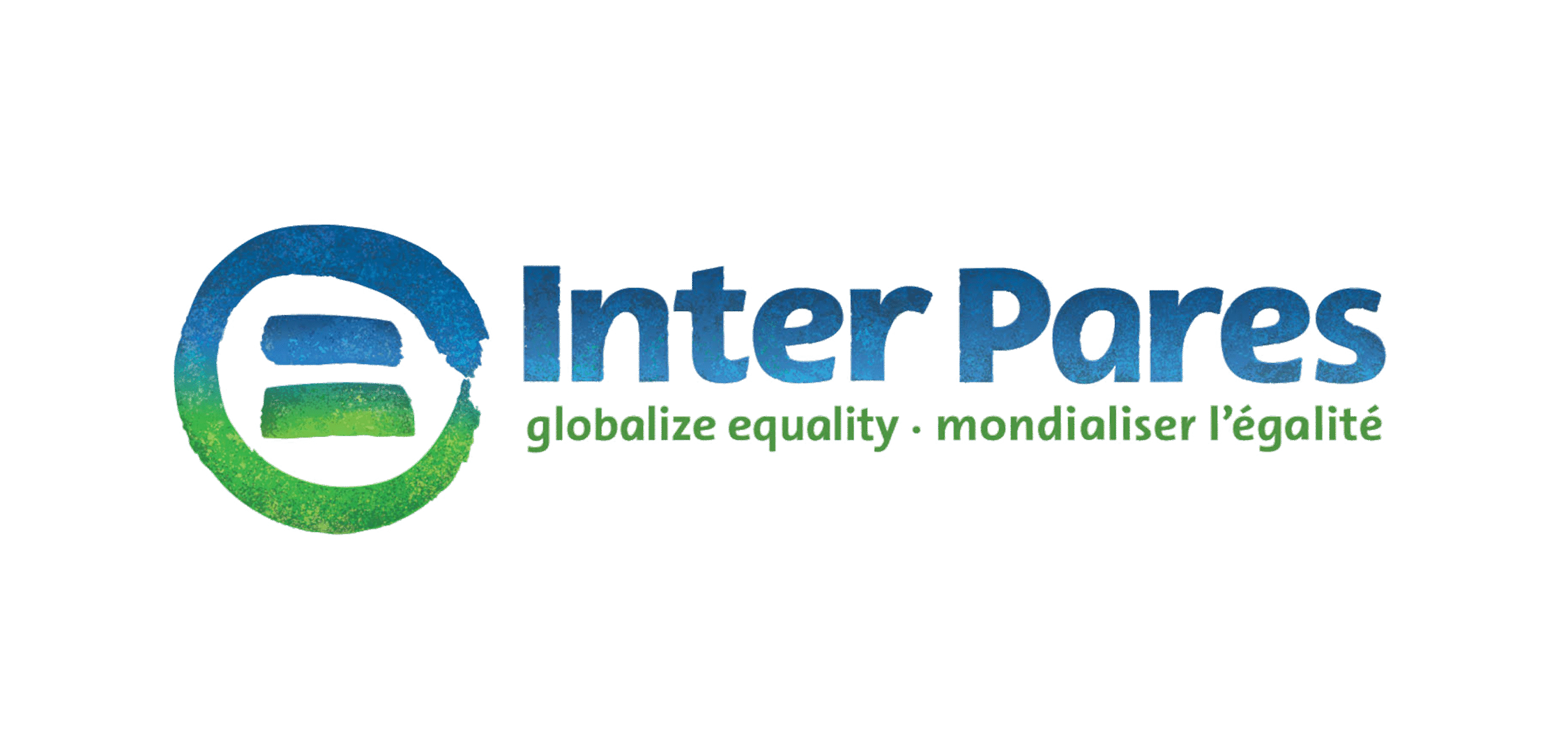Last week we saw in several media outlets a news story that shocked many people nationwide: two mothers baptised their child in a Catholic church in Medellín. This event generated diverse emotions, from congratulations to them for opening a door to equality to claims for boasting about entering a place where LGBT people are usually rejected.
Beyond the emotions generated, this news event has a great impact, as we know, for example, that there are several laws that protect diverse families, but there are often barriers to compliance. A clear example is the notary's offices, which despite having a legal mandate that requires them to marry same-sex couples without any discrimination, sometimes refuse, alleging lack of formats or putting other obstacles (You may be interested in: Supernotariado orders compliance with ruling upholding marriage between gay couples)
As well as the notaries, the Catholic churches have also discussed from their archdioceses principles regarding same-sex couples, in this case, on the baptism of children of such couples, and they do not go against what is registered in documents such as birth certificates. In this regard, the Archdiocese of Medellín points out that for the registration of Baptism and the issuing of a baptismal certificate, the church assumes that the data that appear in the civil documents are the same as those that will appear in the registry. (See: Communiqué from the Archdiocese of Medellín on the baptism of children of same-sex couples)
This principle of respect gives the Catholic Church the power to transform the realities of families like that of Manuela Gómez Duque and Luisa Fernanda Duque, who despite the prejudices that still exist in our society, decided to form a home with their new child.
Their show of courage inspired us to investigate their story and that is why we decided to interview them to tell us a little more about their decision to have their child baptised in a Catholic church, the challenges that this process implies for the newly formed family and what their message is to all diverse families in Colombia.
Why did they decide to have their child baptised in a Catholic church, when there is a widespread opinion that this institution rejects diverse families?
The purpose of Mati's baptism was, on the one hand, to live this sacrament that has such a special meaning for our family, and, on the other hand, to show society that the God in whom we believe, based on the Catholic formation we have received, is a God of love, who welcomes us, without discriminating against us.
And what does it mean to you to have gone through this process?
It fills us with pride and happiness, because of its significance for us as a family and for society.
This process, which in your case filled you with happiness, must also have involved some challenges, what were they?
When we conceived the idea of baptising our son, we initially went to several parishes, where we were told that there was no objection to performing this sacrament, despite Mati being the son of a same-sex couple; that they respected us as a family, but that, due to Church policy, they could not put both mothers on the baptismal certificate, but only one (the pregnant woman).
Faced with these answers, we decided not to baptise Mati, because we felt that we could not be inconsistent with our way of thinking: if we are both her mothers, why accept that only one of us should appear on the document certifying her baptism?
"God loves us all equally".
So what finally motivated them to go ahead?
Someone close to us recommended that we talk to a priest who could help us. When we spoke to him, we told him how our family was set up. He understood us and told us that we could baptise Mati, with both of us as mothers on the baptismal certificate, because canon law allowed it, i.e. there was legal backing within the Church and it was not just an act of conviction. However, the priest wanted to have more explicit support, so he contacted the Curia and said that they had told him that there was no problem in performing the ceremony.
One thing is the support from the point of view of canon law and another is the conviction that each priest has about diverse families. How was the support you found, in your case, from this archdiocese??
He told us that God loves us all equally and that, through our sacrament of baptism, we had always been part of the Church and that he did not want us to feel excluded. In response to these words, we decided to baptise Mati, because we believe in a God of love and goodness, and we wanted to show our son that we could feel accepted by him. Furthermore, we want Mati to be brought up in a way that is inclusive and coherent.
Considering that this process was difficult and that there are still prejudices about two-mom families, why did you decide to tell your case to the media?
Despite the risks, we decided to publicise this story because we wanted to show people that, despite what many people think, the Catholic Church always welcomes us as we are.
What were these risks that you mention?
Exposing our family; that some believers might feel offended and that people from the LGTBI+ population might think that we wanted to be part of a religion that has always "rejected us".
However, we think that if society knows this fact, we can contribute to transforming the mentality of those who have used the dogmas of Catholicism as arguments to marginalise, because, as the circumstances themselves show, the Church baptised Mati, regardless of the fact that she was part of a homoparental family. In other words, God or the Bible cannot be used to discriminate. Moreover, to make clear the message of inclusion of this religious institution, the Archdiocese wrote on the baptismal certificate the names of both his mothers, which fills us with happiness and hope, because it indicates that private bodies are also taking seriously the recognition of diverse families.
We decided to make this story known because we wanted to show people that the Catholic Church always welcomes us as we are.
What other messages do you think you are sending to those people who use religion to discriminate against LGBT people?
That all subjects must respect both the jurisprudential advances that have been made in Colombia in this area and the Constitution, which enshrines the rights to equality, the best interests of the child, the free development of the personality and the family, as well as the postulate of human dignity, among others.
Finally, what message do you send to believing families with two parents?
That if they want to baptise their child, they should have the hope that the Church accepts them and that they can do so peacefully. This is evidenced by statements made by the Archdiocese of Medellín on 23 July 2019, in which it points out that the Church administers the sacrament of baptism to children of both homosexual and heterosexual couples, insofar as it is a way of guaranteeing the interests of the child.

